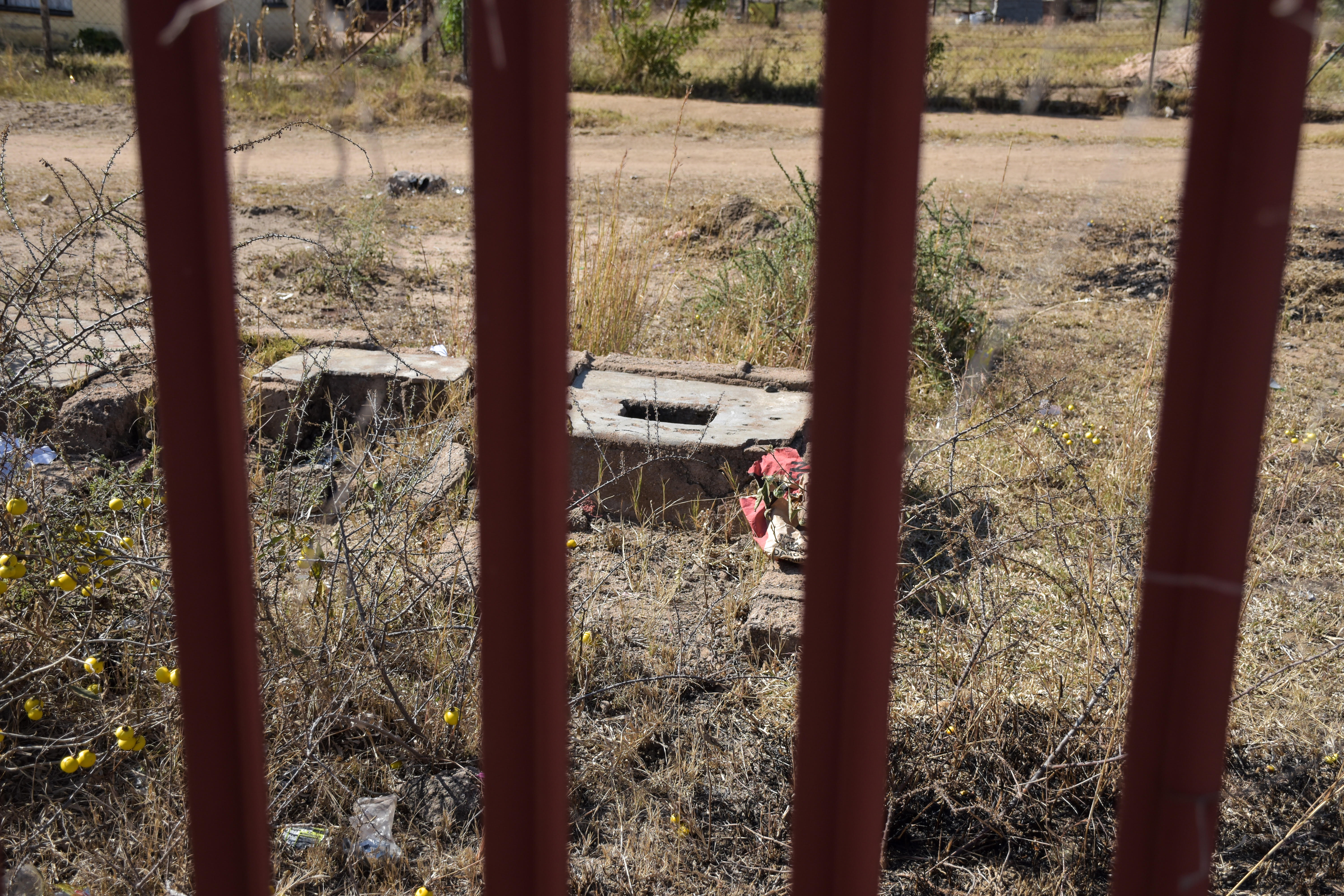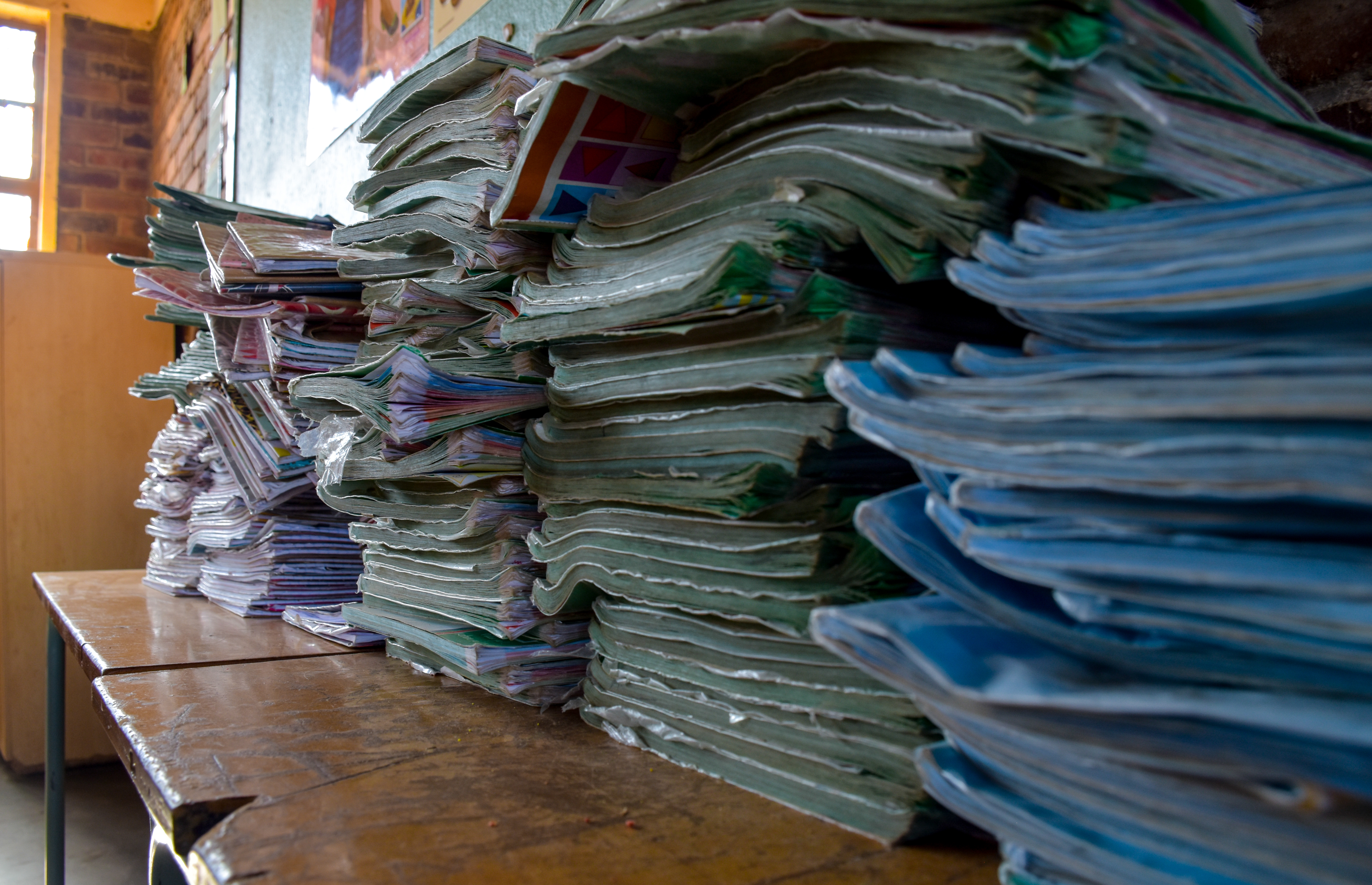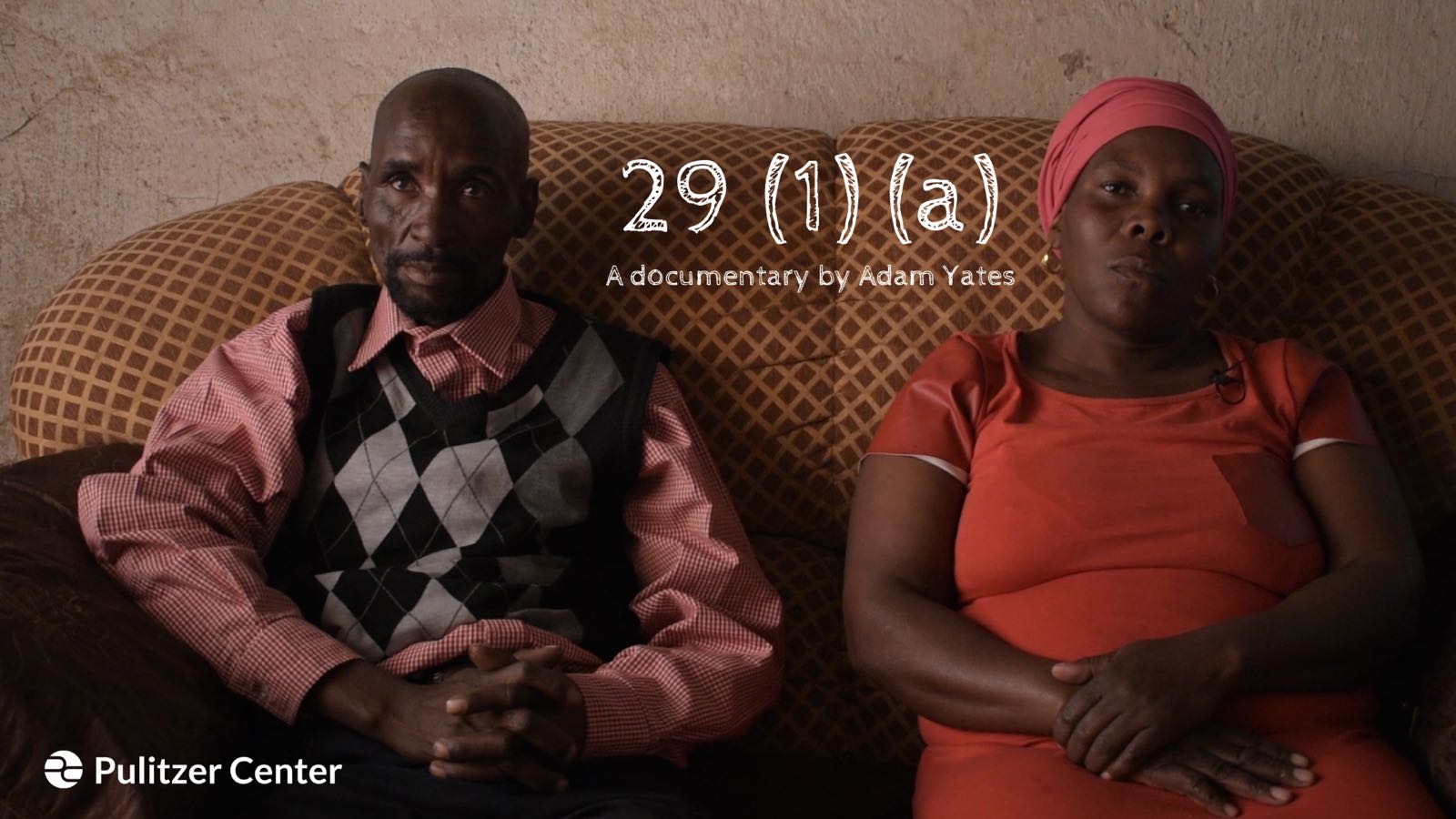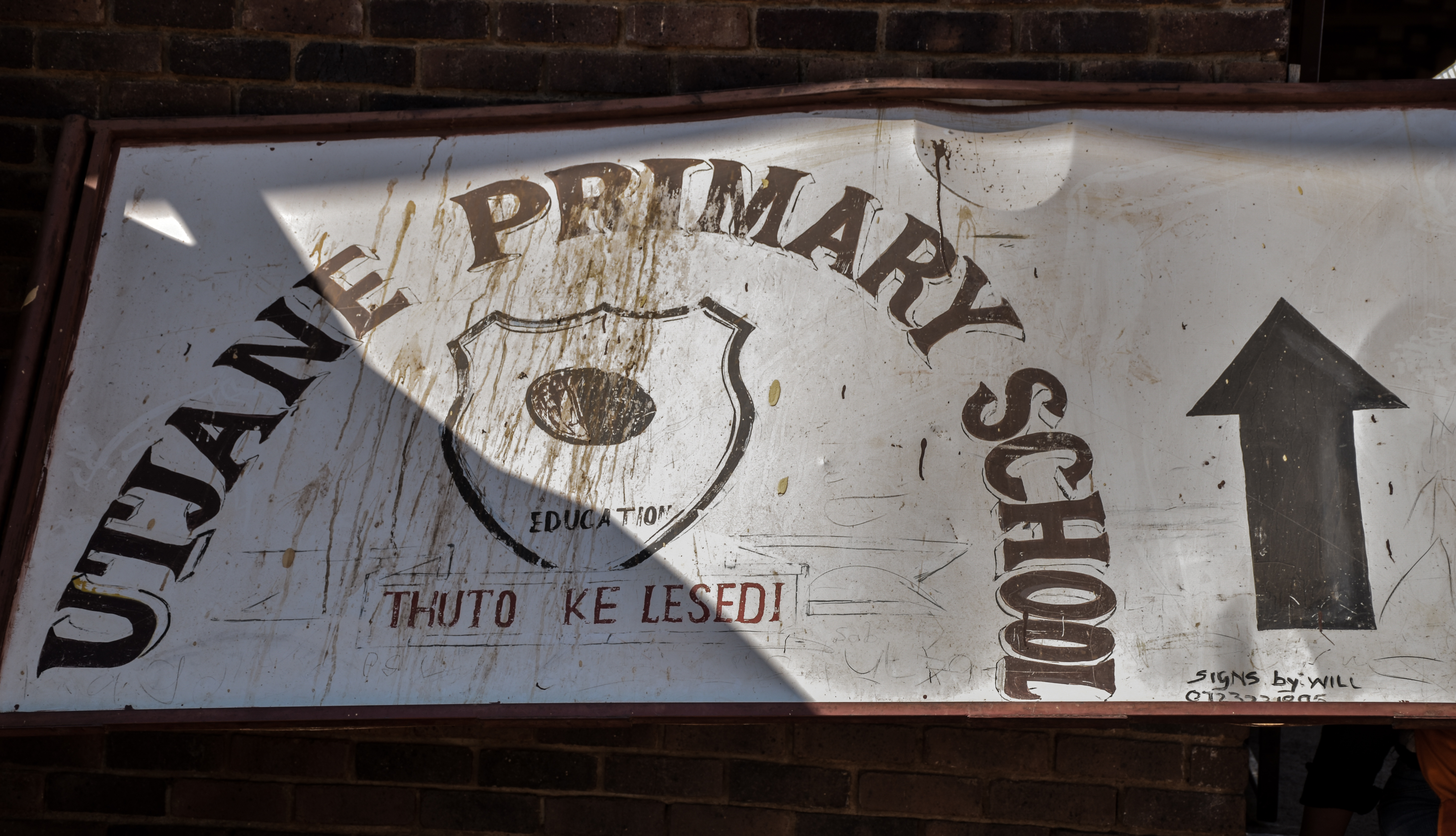Project September 28, 2018
Upholding 29(1)(a) in South Africa: The Right to Basic Education
Country:

Education infrastructure in South Africa's rural communities has been in crisis for multiple decades. Historically, the South African government cared little about providing services for students in rural and non-white communities. In South Africa's 24 years of democracy, politicians have yet to remedy the deep-seeded problems in education.
Specific data on education infrastructure has been disputed. However, according to the 2017/18 National Education Infrastructure Management System (NEIMS) Report, 269 schools in South Africa lack electricity. There are 8,702 schools with pit toilets—nearly half have installed new toilets but have yet to decommission the old—dangerous—ones.
Thirty-seven schools have no sanitation facilities whatsoever. 7,816 South African schools are without piped water. 70 percent of schools do not have a library, and 81 percent do not have a laboratory. Over 200 schools in the Gauteng province alone are made with asbestos. Problems with infrastructure exacerbate problems within the classroom and could contribute to low literacy and matriculation rates. Despite significant political attention directed towards these issues, there have been few changes in infrastructure conditions nationwide.
Since June 2018, three separate court rulings have mandated new standards and requirements pertaining to education infrastructure. On August 14, 2018, South African President Cyril Ramaphosa announced the Sanitation Appropriate for Education Initiative (SAFE) to address pressing sanitation issues, such as dilapidated pit toilets, in schools across the country. Despite the promising rulings and new initiative, an unreliable track record of action on the subject leaves many doubtful about the reality of imminent change.






